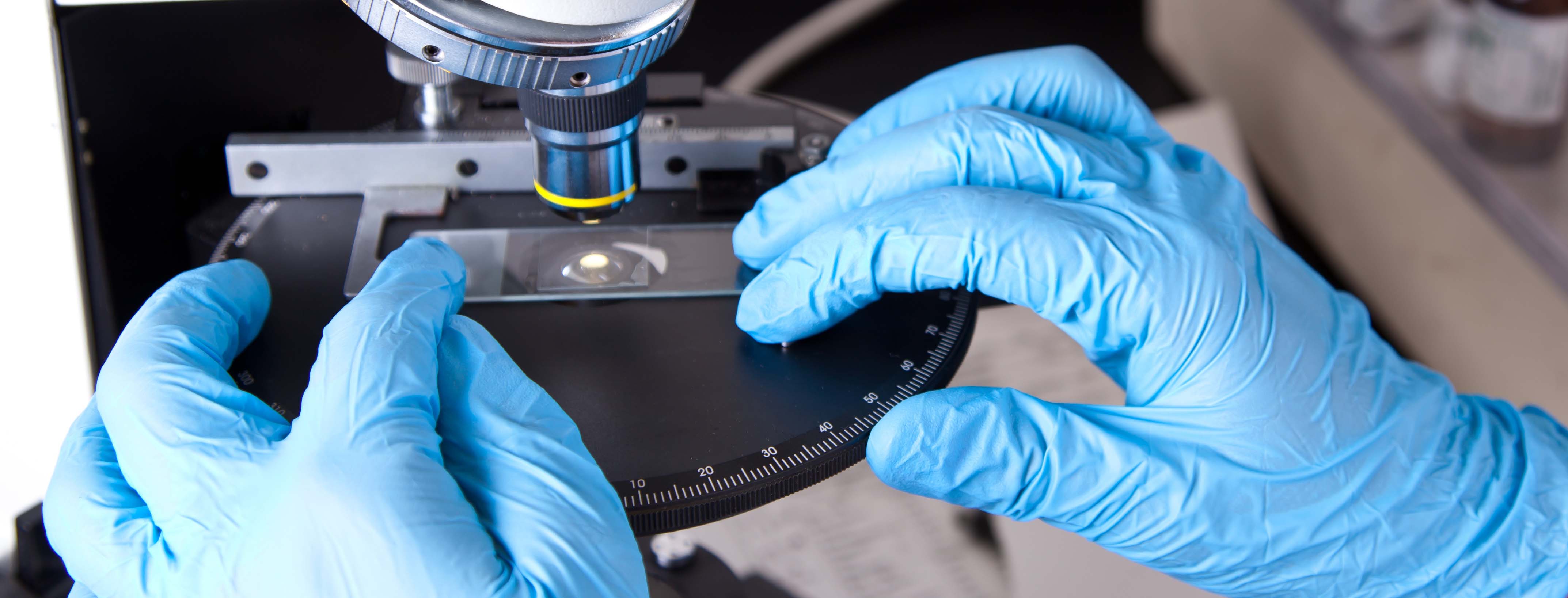
Data bid to help identify missing persons
The Department of Justice has, for the first time, published information on unidentified human remains provided by coroners around the country.
Late last year, the department asked coroners to return updated details of any unidentified remains for their districts as part of their annual statutory returns to the Minister for Justice.
The department says that this information may help in identifying remains, adding that it intends to publish updates to the data annually.
Working group
The development comes after the department set up a working group in 2021 to explore the creation of a database of unidentified remains. As well as the department, the group included an Garda Síochána (AGS), Forensic Science Ireland (FSI) and the Office of the State Pathologist.
The department points out that there are currently approximately 856 unsolved missing-persons cases live on the Garda Pulse system, with many remaining unsolved for long periods of time.
It adds, however, that advancements in DNA profiling have led to case breakthroughs in recent years, and that the provision of a DNA profile to FSI by family members of a missing person can assist in solving cases involving unidentified bodies and missing persons.
Samples
The data published today (16 May) comprises 44 records, with DNA profiles for 28 unidentified remains on the National DNA Database, which is administered by FSI.
The department says that it intends to arrange for samples of the remaining 16 unidentified remains to be obtained where possible. FSI will attempt to extract DNA from these samples and upload DNA profiles to the National DNA Database.
“Given the complexities associated with historical remains, this process is expected to take some time to complete,” the department states.
Trauma
Minister of State James Browne said that families of missing people had long been calling for the release of this information, adding that Iit would not have been an easy task for coroners, given that many of these files pre-dated digitisation, and would have required a physical trawl.
Coroners are independent, quasi-judicial office holders, charged with the investigation of those deaths reportable to them by law under the Coroners’ Acts 1962-2020.
Detective Chief Superintendent Colm Noonan said that AGS recognised the lasting sense of trauma for the families and friends of those who had gone missing.
“In 2018, an Garda Síochána commenced a substantial body of work in relation to unidentified human remains and this work continues to date,” he said.
He stated that a DNA testing facility, in partnership with FSI, was available for families of missing people. FSI assisted in the identification of 12 missing persons in 2022.